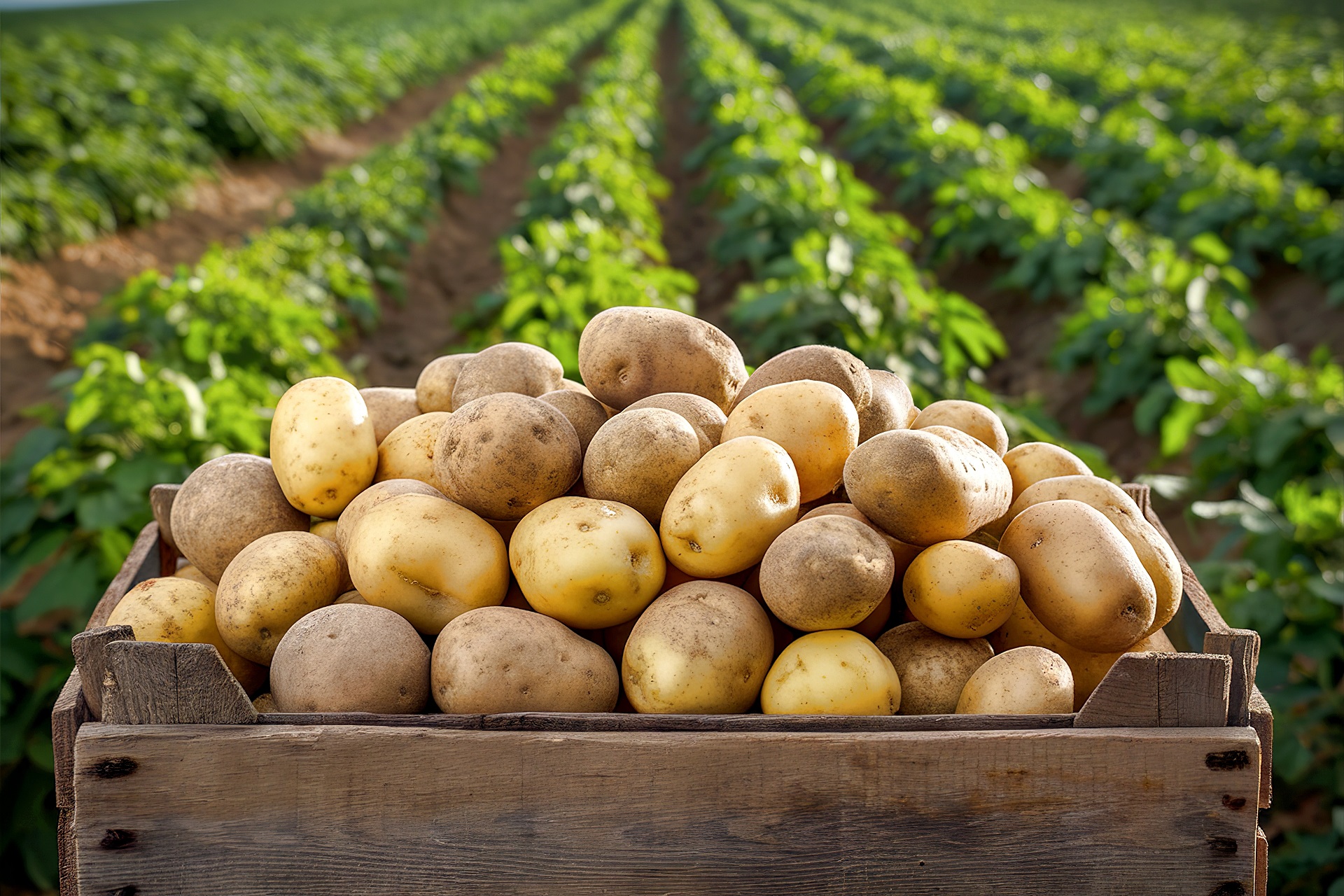Researchers look to nature to pull water from the air›››

The humble potato may seem a simple vegetable, but its growth relies on an energy intensive respiration process that becomes increasingly complicated with rising global temperatures. That’s why researchers are working to modify its process and increase crop yield.
The enzyme, RuBisCO, needs to bind to carbon dioxide during photosynthesis but about 25 percent of the time, latches on to oxygen instead. This non-sensical sidetrack produces a toxic byproduct that is problematic for growth quality and quantity (it can decrease crop yields by up to 50 percent) and is typically instigated by heat stress.
The solution?
Researchers from the University of Illinois Urbana Champaign in the United States injected a gene into the nucleus of the plant cell. This produces a protein that makes its way to the chloroplast used in the photosynthesis where it breaks down the toxic derivative, eliminating the chloroplast’s need to send it out to the rest of the organelles. This effectively bypasses the energy-intensive photorespiration process and creates a new pathway, called AP3.
The genetically modified potato was tested over two growing seasons in Illinois and during an extreme heat wave in which temperatures exceeded 35 degrees Celsius and the results — that increased yield by almost a third and maintained nutrition value — suggests there is hope in assisting crops to navigate climate change. This modification can also be passed on to the next generation.
The study was published in Global Change Biology
RELATED: Protecting your produce



